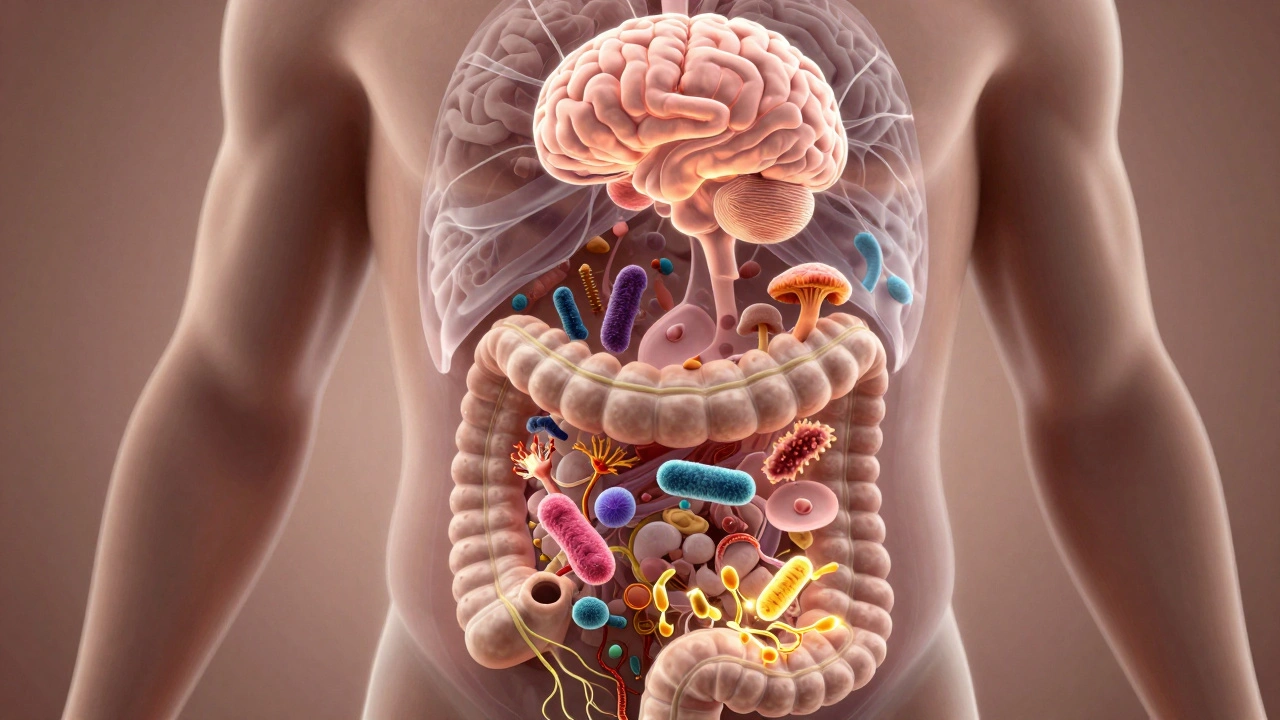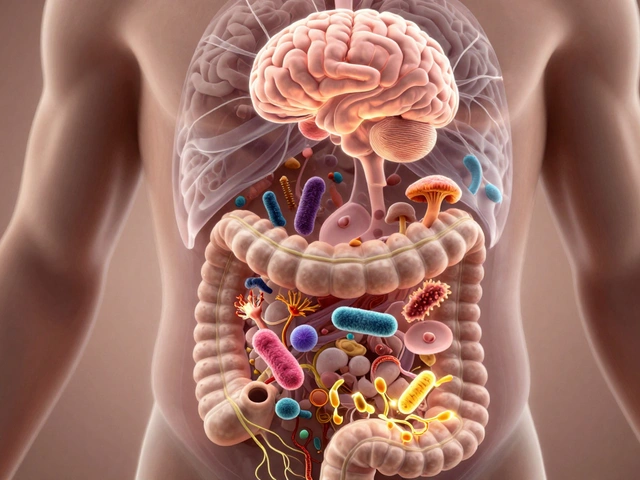Digestive Health for Dogs: Quick, Practical Care
A healthy gut keeps your dog energetic, comfortable, and less likely to visit the vet. Watch for these clear signs of trouble: diarrhea, vomiting, loss of appetite, bloating, hard stools, or sudden weight change. If any appear for more than 24 hours, call your vet.
Diet is the fastest way to help digestion. Feed consistent meals at regular times and avoid table scraps. High quality, easily digestible protein and moderate fat help many dogs. If you switch food, do it over seven days: start with 25% new food and increase daily to avoid upset.
Fiber helps stool form and supports good bacteria. Add small amounts of canned pumpkin or cooked sweet potato to meals for soluble fiber. For dogs with chronic loose stools, a vet may recommend a fiber supplement or a prescription diet.
Probiotics can rebalance gut bacteria after antibiotics or stress. Look for products made for dogs with clear strain labels and suggested doses. Start with the lowest recommended dose and watch for improvement over two weeks.
Hydration matters. Offer fresh water constantly and encourage drinking after exercise. Dehydration worsens constipation and prolongs recovery from diarrhea. If your dog won’t drink, try low-sodium chicken broth or an ice cube treat.
Meal size and frequency affect digestion. For dogs prone to bloat or vomiting, feed smaller meals more often and avoid vigorous activity right after eating. Puzzle feeders slow fast eaters and reduce gulping air.
Treats and human food can trigger upset. Stick to low-fat, plain treats and avoid dairy, garlic, onions, grapes, raisins, and xylitol. When introducing new treats, offer only a small amount and watch the next stool.
Stress and routine changes influence the gut through the brain-gut connection. During travel, boarding, or loud events, keep feeding times, walking routes, and favorite toys consistent to reduce stress-related diarrhea.
When to see the vet fast? Intense vomiting, repeated diarrhea, blood in stool, severe lethargy, or a bloated, painful belly need urgent care. For mild, short episodes, a 12–24 hour fast for adult dogs followed by bland food like boiled chicken and rice can help, but ask your vet first.
Long-term management may include allergy testing, food trials, or prescription diets if symptoms persist. Keep a simple log of food, treats, stools, and symptoms to share with your vet. That makes diagnosis faster and avoids unnecessary tests.
Preventive steps are simple: pick a consistent, high-quality food, move to new diets slowly, supplement fiber or probiotics when needed, keep water available, and reduce stress. Small daily habits often protect your dog from big digestive problems.
Simple home steps
Try a small bland-diet trial: boiled chicken (no skin) with plain white rice for two to three days. Measure portions so calories stay normal and stop treats. Offer probiotics after improvement, not during vomiting. Use a stool chart or app to track consistency and frequency.
When tests help
If symptoms return, vets may order blood, fecal tests, or an elimination diet to find causes quickly.

How to Restore Your Gut Health After Antibiotics
Learn how to restore your gut health after antibiotics with proven steps: eat fermented foods, take the right probiotics, cut sugar, and support your microbiome with prebiotics and lifestyle changes.

Unlocking the Secrets of Gut Health
Discover the real secrets to gut health-how food, stress, and microbes shape your digestion, mood, and immunity. Learn what actually works to heal your gut naturally, without fads or supplements.

Why Gut Health is Crucial for Weight Management
Your gut bacteria play a key role in hunger, fat storage, and metabolism. Learn how improving gut health can help you lose weight naturally-without extreme diets.

Maya Abdominal Massage: Ancient Wisdom for Modern Healing
Explore the deep roots, health benefits, and practical techniques of Maya Abdominal Massage—an ancient practice with real-world uses for digestion, fertility, and whole-body wellness.

Gut Health and Its Impact on Your Metabolism
Unraveling the connection between gut health and metabolism, this article delves into how the tiny organisms in our digestive system can influence weight, energy levels, and overall wellness. It explores the role of the gut microbiome, offering insights into how diet and lifestyle can improve metabolic health. Readers will find practical tips to nurture a balanced gut that supports a more efficient metabolism. Understanding the delicate interplay between the gut and metabolism opens doors to healthier living.

Unlocking the Secrets of Gut Health
Dec, 3 2025



